News
Kano Emirate: The Law Became A Victim Instead Of Catalyst For Political Reforms And Social Devt In Kano
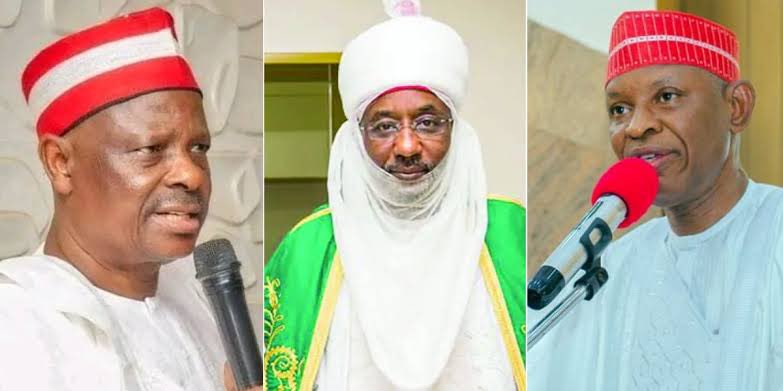
It didn’t come to me as a surprise in the least that, the recent abrogation and amendments of the Kano Emirate law was challenged in the court by some persons aggrieved by the action of the Kano State House of Assembly and the subsequent assent to the Law by the Governor of Kano State. It is only to be expected given the enormous controversies raised by the Law and the political under currents behind it, which is the subject of this post. It has never been a secret that the amendment of the Law by the former Kano State House of Assembly was based on and driven by political consideration of the All Progressives Congress(APC) government in the State under Abdullahi Umar Ganduje. Since the amendment was a Law validly made by the then State House of Assembly, it had to be implemented and effect was given to it. That’s the position and the State of Law at the time
After the 2023 General elections, the APC government of Kano State was defeated and dethroned from power. The State was won by the New Nigeria People’s Party, NNPP and Abba Kabir Yusuf succeeded Ganduje as Governor. The House of Assembly was also dominated by Members from the NNPP and this completely changed the dynamics of political power in Kano State. The success of the NNPP in both the Governorship and State House of Assembly elections, has given the Abba Kabir government control over both the Instruments of Executive and Legislative power in Kano State.
The NNPP government of Abba Kabir Yusuf made it a cardinal issue of its campaign that the law which “balkanised” the Kano Emirate was unjust and the NNPP promised to “undo” the injustice if it won the election. As it turned out, the NNPP won the election and secured an overwhelming majority of the seats in the House of commons. This set the ground and provides the background to the amendment just effected by the Kano State House of commons to the Emirate Council law passed by its predecessor.
It must be stated and appreciated that under the 1999 Constitution of the Federal Republic of Nigeria (as amended) the State House of Assembly is empowered to make new laws, and to abrogate or amend existing laws, in the interest of peace, order and good governance of the State. Therefore the right of the past and present Houses of Assembly over the process of law making is settled beyond any dispute or contestation. It’s simply beyond any doubt or argument. It is also futile in law to argue at this stage, that the former Kano State House of Assembly did not have the power to amend the Emirate Law or for the Executive Governor to take other or further political and additional actions pursuant to the amendment and to give effect to the law as amended. That was the situation before the 2023 election when the APC was in control of the Executive and Legislative arms of government in Kano State. But the dynamics of Kano State politics changed drastically and drastically after the election. The APC lost the election to the NNPP and totally new political order emerged on the political landscape of Kano State.
As earlier stated in the post, it was an important part of the campaign promises of the NNPP to reverse the Kano State Emirate amendment law passed and implemented by the former APC government in the State and immediately after assuming office as Governor, Abba did not mince words in reiterating his resolve to deliver on this aspect of his party’s campaign promises. It is pertinent and worthy of note that both the Governor and Kwankwaso his mentor and leader spared no opportunity on every political platform to repeat their determination to repeal the law and return the Emirate situation to the status quo before the amendment by the former House of Assembly. Therefore, when the NNPP dominated House of Assembly yesterday concluded the processes of the abrogation and amendment of the Emirate Council Law and Governor Kabir Yusuf gave it an expeditious assent, it didn’t come as a surprise to the observers of political developments in Kano State.
With both actions completed or done and dusted by the the two organs of the Government entitled to exercise the powers conferred on them by the Constitution and the Law, the Kano State Emirate Council Law as amended, may be said to be validly, legally and constitutionally passed and assented to by the Governor. Any person aggrieved by the passage of the new law, can only challenge the processes and procedures adopted by the House of Assembly and the governor in making the amendments and the steps taken in the implementation of the law as amended but not the power of the House of Assembly to make the Law, or of the Governor to assent to it and give effect to it through implementation. That’s the legal position as I understand it.
But the big elephant in the room and the core subject is not the Law per se but the politics of the law.
It’s pertinent to observe that in both the former and the present amendment of the Emirate Council law, the purpose or interest of the law is not the prime consideration. The main objective of the Ganduje amendment was to score a Political gain and make political capital of the law and he did. However, with the defeat of the APC by the NNPP in the State elections, the table turned and so did the dynamics and mechanics of Kano State politics
The success of the NNPP at the polls has presented Abba Kabir Yusuf the power and opportunity to reverse the Ganduje amendment of the Law and institute his own amendment, which swept away the Legislative and political gains scored by the APC government on the issue. The sad part of all these, is that the Law was used as an instrument of political vendetta to settle scores on both sides. The Law became a victim instead of a catalyst of political reforms and social development in Kano State. This lends credence to my thesis as expressed in many posts, that under our democracy, politics is more powerful than the law and when the two conflict, the law comes out the weaker.
Yusuf Shehu Usman, mni (Abuja)
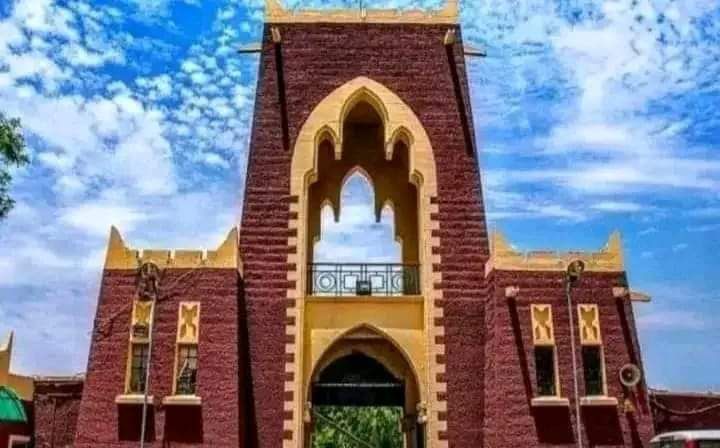
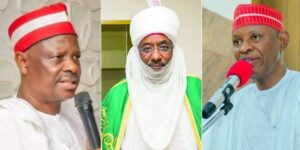
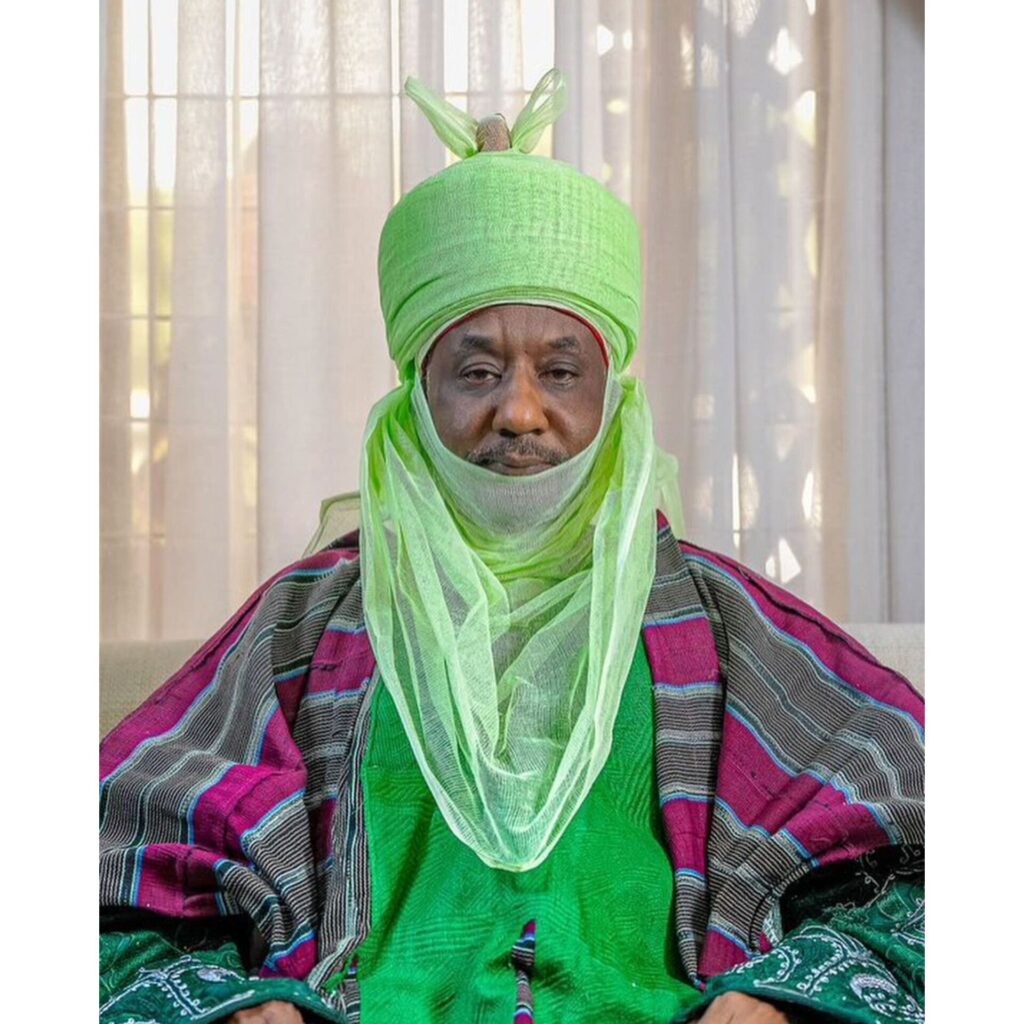
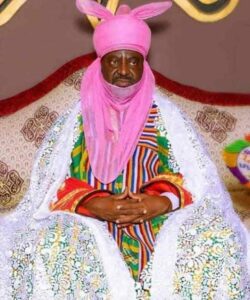
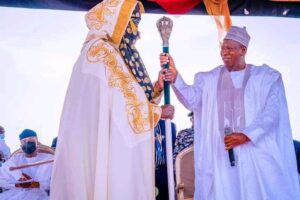
News
Wole Olanipekun, Taiwo Oyedele Urge South-West Governors to Maximise Tinubu Presidency for Regional Growth
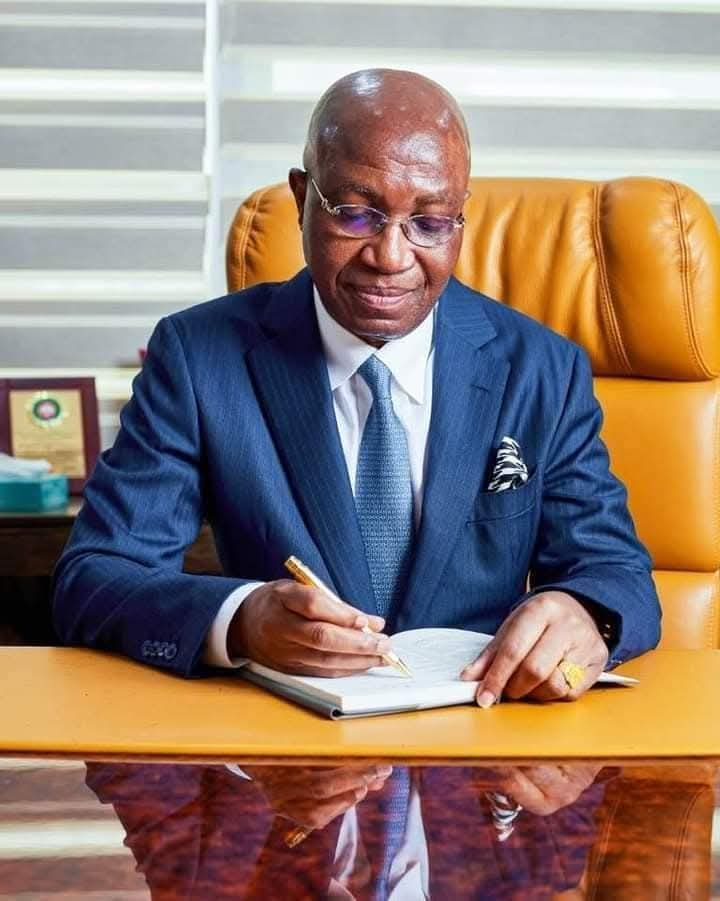
Senior Advocate of Nigeria (SAN), Wole Olanipekun, and Chairman of the Presidential Fiscal Policy and Tax Reforms Committee, Taiwo Oyedele, have called on South-West governors and political leaders to fully leverage President Bola Tinubu’s administration to drive accelerated development across the region.
The duo made the call on Monday in Akure, Ondo State capital, while speaking at a public lecture organised as part of activities marking the 50th anniversary of Ondo State’s creation.
They stressed that the South-West must prioritise massive investments in infrastructure, industrialisation, and economic reforms during Tinubu’s tenure to secure long-term regional prosperity.
Olanipekun cautioned that the political advantage of having a South-West president is temporary, noting that President Tinubu’s tenure will come to an end after his second term in 2031.
According to him, the region must act decisively within this window to strengthen its economic base and ensure sustainable development beyond the current administration.
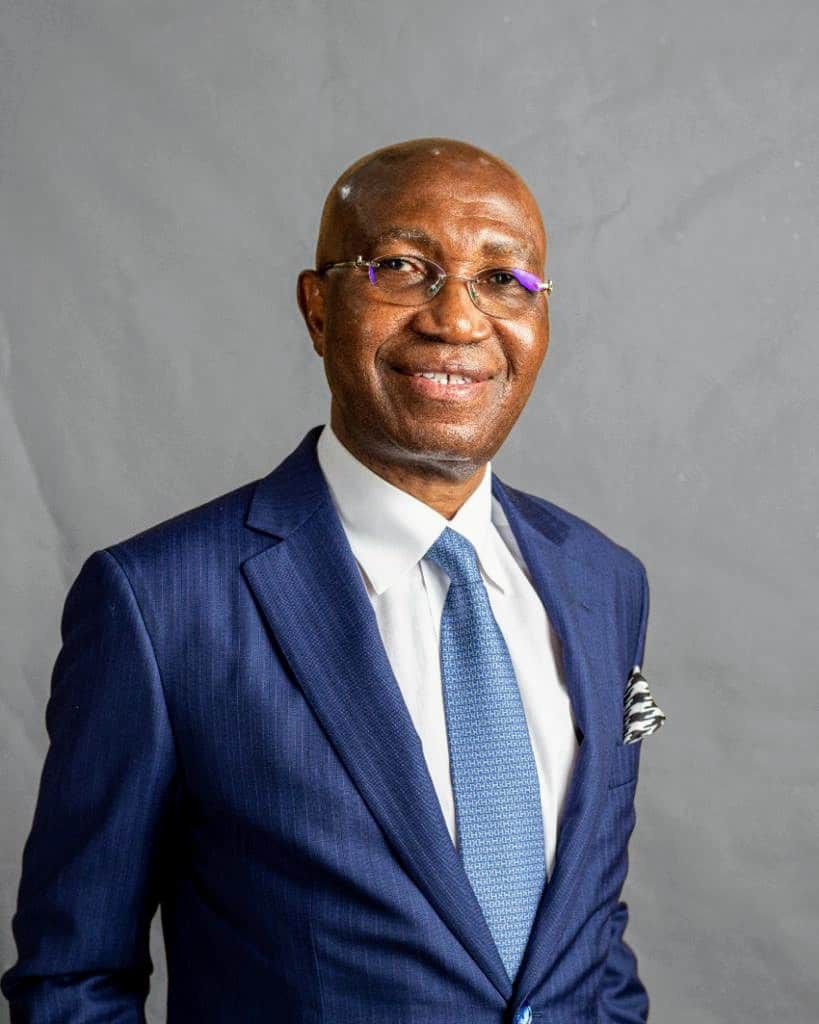
News
BREAKING: Malami Tells Court He Earned ₦12bn+ Legitimately, Seeks Release of Seized Properties
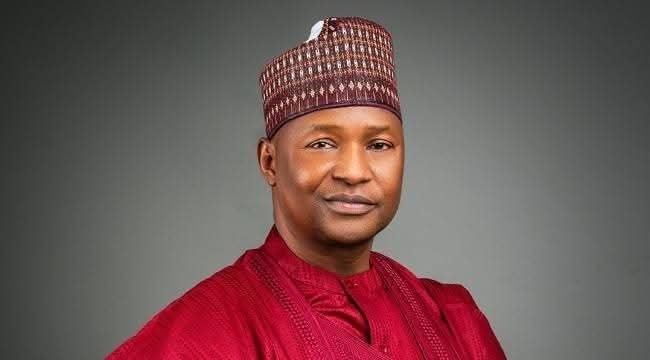
Former Attorney-General of the Federation, Abubakar Malami (SAN), has disclosed details of his earnings while asking a Federal High Court in Abuja to set aside an interim order authorising the seizure of 57 properties allegedly linked to him.
Malami made the disclosure through his counsel, Joseph Daudu (SAN), in a motion on notice filed before the court. The application seeks to vacate an interim forfeiture order affecting three of the 57 properties currently under investigation by the Economic and Financial Crimes Commission (EFCC).
According to the court filing, Malami stated that he had fully and transparently declared his sources of income in his asset declaration submitted to the Code of Conduct Bureau (CCB).
The document outlined multiple income streams, including:
₦374.63 million earned from salaries, estacodes, severance allowances, and related entitlements.
₦574.07 million generated from the disposal of personal assets.
₦10.01 billion recorded as turnover from private business ventures.
₦2.52 billion issued as loans to various businesses.
₦958 million received as traditional gifts from personal friends.
₦509.88 million realised from the launch and public presentation of his book titled “Contemporary Issues on Nigerian Law and Practice: Thorny Terrains in Traversing the Nigerian Justice Sector – My Travails and Triumphs.”
Malami’s legal team argued that the declared earnings sufficiently explain the source of funds used to acquire the properties in question, urging the court to lift the interim seizure order.
The matter remains pending before the Federal High Court as the EFCC continues its forfeiture proceedings.
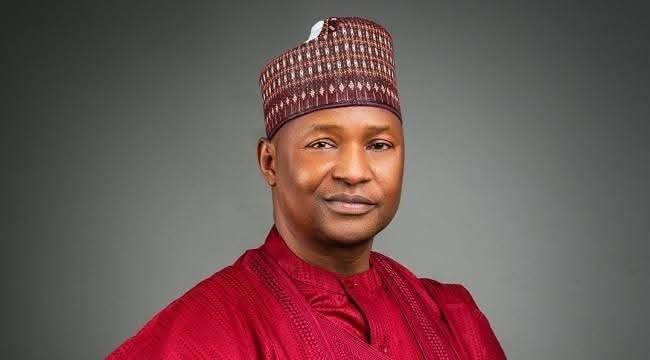
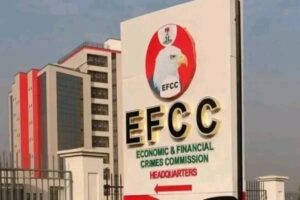
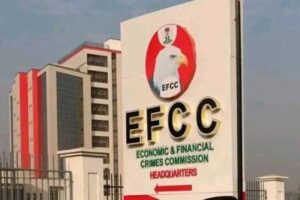
News
MAN Urges Federal Government to Stop NAFDAC’s Sachet Alcohol Ban, Warns of ₦1.9 Trillion Loss
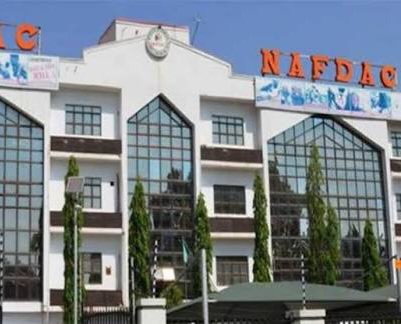
The Manufacturers Association of Nigeria has appealed to the Federal Government to restrain the National Agency for Food and Drug Administration and Control from proceeding with its ban on alcoholic beverages packaged in sachets and small PET bottles, warning of catastrophic economic consequences.
In a statement issued by Director-General Segun Ajayi-Kadir, MAN described NAFDAC’s renewed enforcement action as detrimental to indigenous industrial operators and fundamentally inconsistent with earlier government directives.
The manufacturers’ body emphasized that NAFDAC’s recent move directly contradicts the House of Representatives resolution dated March 14, 2024, which specifically restrained the agency from implementing the punitive ban following comprehensive stakeholder consultations through a public hearing.
“Rather than abiding by the generally agreed resolution, NAFDAC bided its time and chose to rely on a resolution of the Senate that was devoid of the usual stakeholders’ engagement,” Ajayi-Kadir stated, noting that operators now face confusion over conflicting directives from different arms of government.
MAN warned that enforcing the ban would devastate Nigeria’s manufacturing sector, threatening over ₦1.9 trillion in existing investments and triggering the retrenchment of more than 500,000 direct employees alongside approximately five million workers in the indirect value chain.
The association cautioned that the restriction would paradoxically undermine public health by creating market opportunities for illicit, substandard and unregulated products beyond the control of regulatory authorities.
“This is counterproductive as it will open up the market for illicit, sub-standard, and unregulated products. It will lead to an influx of imported alternatives, mostly smuggled. It will deny the government of revenues collectable from the companies,” Ajayi-Kadir declared.
The manufacturers’ group emphasized that alcohol served in sachets by local producers is manufactured under hygienic conditions and certified by regulatory agencies including NAFDAC itself, making the ban particularly contradictory.
MAN also challenged the untested assertion that sachet alcohol drives underage consumption, citing credible and empirical research that contradicts this claim. The industry has independently invested over ₦1 billion in nationwide media campaigns promoting responsible alcohol consumption and discouraging underage abuse.
The association stressed that banning certified products would deny adult consumers with limited budgets access to regulated alcoholic beverages while simultaneously depriving the government of substantial tax revenues.
Food, Beverages and Tobacco Senior Staff Association and National Union of Food, Beverages and Tobacco Employees have joined MAN in opposing the ban, demanding that NAFDAC provide empirical evidence that sachet alcoholic beverages are being consumed by children.
Labor unions have called for the suspension of NAFDAC Director-General Professor Mojisola Adeyeye, accusing her of siding with multinational companies to undermine local manufacturers.
However, NAFDAC has maintained its position, with Adeyeye insisting that enforcement is backed by law following the Senate’s unanimous resolution setting a December 2025 deadline that has now passed.
The NAFDAC chief argued that the proliferation of high-alcohol-content beverages in sachets has made such products easily accessible, affordable and concealable, contributing to widespread misuse and addiction among minors and commercial drivers.
“This public health menace has been linked to increased incidences of domestic violence, road accidents, school dropouts, and social vices across communities,” Adeyeye stated, describing the ban as protective rather than punitive.
In contrast, civil society organization Socio-Economic Rights and Accountability Project has approached the Federal High Court in Lagos seeking injunctive orders to prevent the Federal Government from interfering with NAFDAC’s statutory powers to enforce the ban.
SERAP argues that continued circulation of sachet alcohol violates the National Health Act 2014, the NAFDAC Act and international commitments under the World Health Organization’s Global Strategy to Reduce Harmful Use of Alcohol.
The legal and economic battle over sachet alcohol highlights deeper tensions between public health regulation, economic survival and stakeholder consultation in Nigeria’s policymaking process, with no clear resolution in sight as multiple court cases and regulatory actions unfold simultaneously.
-

 News2 years ago
News2 years agoHardship: We Plan To Establish A National Commodity Board To Crash Food Prices – VP Shettima
-
News8 years ago
Blog Reader; Samson Osagiede Celebrates Fiancè Benedicta Daniels’s Birthday With Sweet Words
-
Home9 years ago
News Channel claims Donald Trump is an orphan from Pakistan,share alleged childhood photo
-
Home9 years ago
Another $175m Found in Patience Jonathan’s wife’s firm’s Bank Account
-
Home9 years ago
Oil Spillage: House of Reps Member Shares Photos of the Water her Constituents Drink .
-
Home9 years ago
Zara Buhari & Ahmed Indimi’s Wedding Access Card
-

 Sport7 years ago
Sport7 years agoModric, Marta Wins 2018 FIFA Best Player Of The Year Awards ⚽️
-
News8 years ago
The Best Video You’ve Seen Today?
